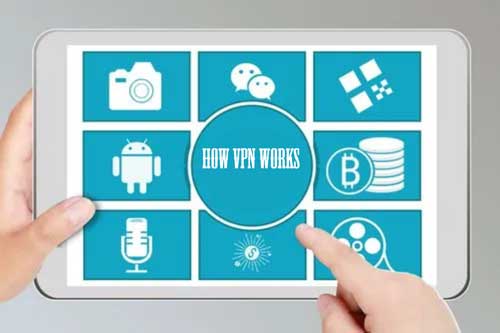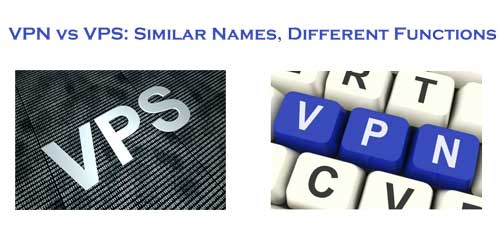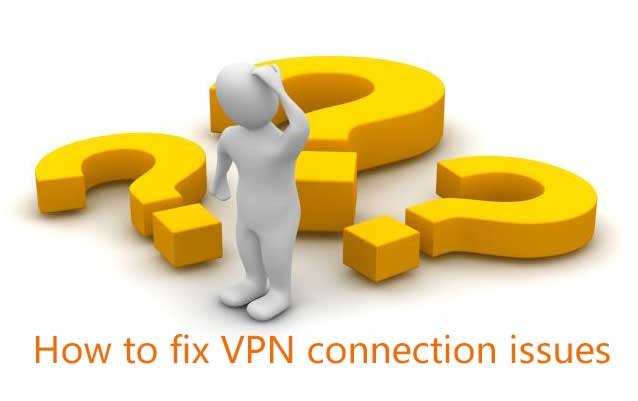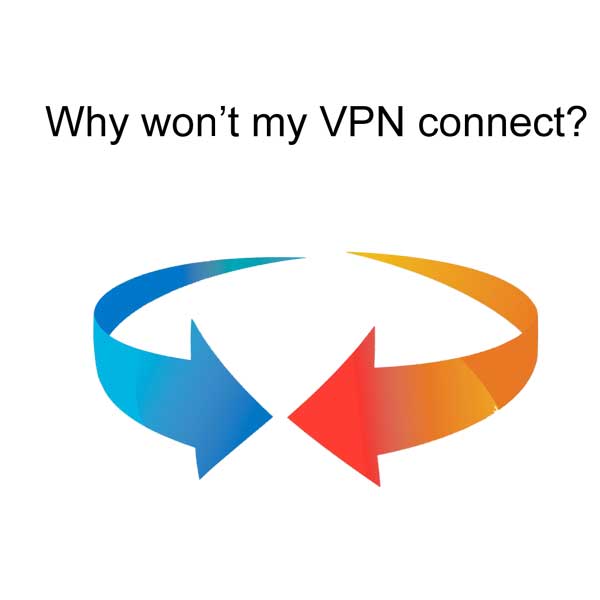
If you’re concerned about your privacy when using the internet, you may have considered using either a VPN or a proxy server. Both increase the security of your internet connection, but how exactly do they work, and how do they differ? If you are looking to improve your online privacy, it’s important to understand the difference between VPNs and proxy servers to make sure you’re selecting the right tool for the job.
VPN and proxy servers defined
Both VPNs and proxies give you greater privacy by allowing you to hide your IP address in various ways. How they achieve that – and the extent to which they offer other privacy functions – varies greatly.
What is a proxy server?
Usually, when web browsing, your computer connects to a website directly and begins downloading pages for you to read. This process is straightforward. However, when you use a proxy server, your computer sends all web traffic to the proxy first. The proxy forwards your request to the target website, downloads the information, and passes it back to you.
By masking IP addresses in this way, proxy servers allow users to bypass content restrictions and monitoring. For example, users can view geographically restricted content – such as a UK-based Netflix subscriber connecting to a US proxy server to access US Netflix content.
VPN stands for virtual private network. A VPN creates an encrypted tunnel for your data, protects your online identity by hiding your IP address, and allows you to use public Wi-Fi hotspots safely.
VPNs work on the operating system level. This means that they redirect all your traffic, whether coming from your browser or an app. They also encrypt traffic between the internet and your device. As a result, your Internet Service Provider (ISP) can’t see what you’re doing online – just that you’re connected to a VPN server. This encryption also protects you from website tracking, government surveillance, and any hackers who might try to spy on your device.
What’s the difference between a proxy server and VPN?
Differences between proxies and VPNs include:
VPNs encrypt information
VPNs encrypt any data you send or receive, whereas a proxy doesn’t. For sensitive transactions such as online banking or online shopping, data encryption gives you extra security – since it means that criminals can’t spy on your credit card details or login credentials.
Free proxy servers can be slower
Depending on how users access them, both VPNs and proxy servers can slow down your browsing. But this is especially true of free proxy connections – they can be slower (and less secure) because of fewer configuration options, reduced infrastructure, and less support. While speeds vary from provider to provider, VPNs are generally the faster option.
VPNs are usually paid-for
It isn’t a good idea to use a free VPN service – since they are limited in what they can offer and tend to mine your data. As a result, users tend to opt for paid-for VPNs, which provide greater data encryption and are more secure. By contrast, many proxy servers are free. This means that, in general, VPNs tend to be the more expensive option.
VPNs offer greater coverage.
VPNs work on the operating system level and reroute all your traffic through a VPN server, while proxies work on the application level and only reroute the traffic of a specific app or browser. This means that VPNs encrypt all web activity, regardless of website or app, while proxy servers only hide one website or app at a time. As a result, VPNs offer more coverage for their users.
Most VPNs don’t log traffic
Most VPN providers won’t log your web traffic, which isn’t the case for proxy servers. If you’re looking for total privacy, use a VPN provider which has a no-log policy – this means they won’t track and store your activity while using their service to browse the internet. By contrast, a free proxy may monitor traffic to sell the data to third parties.










